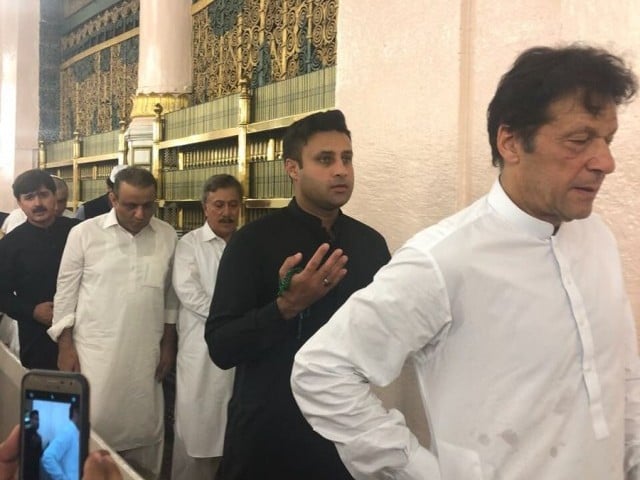
Perhaps Zulfi’s most meaningful contribution is the release of Pakistani prisoners from overseas jails. These are largely labourers, who have virtually no voice in our society. White collar overseas Pakistanis and wealthy political donors still have access to power to get their policy agendas implemented, but how in the world did overseas prisoners become a top priority for the government? That was my first question for Zulfi.
“Whenever I was alone with Imran Khan, he only had one advice for me,” shares Zulfi. “Work on behalf of the poorer segment of Overseas Pakistanis. That’s how Pakistani prisoners became an important priority.” Next, I asked him how foreign leaders reacted, when Pakistan brought up the issue of labourers languishing in prisons in their countries. Zulfi says, “They were actually surprised and respected Khan sahab for caring about all Pakistani lives, regardless of their socio-economic status. If Israel can go out of its way to protect every Israeli citizen, why can’t Pakistan go to any length to protect its people?”
When the opposition praises a government official, especially in this polarising political environment one takes notice. Recently, the Senate Standing Committee on Overseas Pakistanis, which includes members of the opposition, wrote a letter praising Bukhari. It recognised a number of initiatives Zulfi launched “in a short period of time, including abolishing the condition of NICOP for outgoing labour, opening of Qatar Visa Facilitation Centre, launching of Naya Pakistan Calling Portal, increasing pension for pensioners registered with Employees Old Age Benefit Institution and return of British Airways to Pakistan.”
I then grilled him on the Overseas Protectorate Process, which is a notoriously corrupt and complex process every Pakistani needs to clear before they can work abroad. He accepted that this was historically one of the most corrupt government institutions. He established a one-window operation and fired the top nine people in the organisation. “It’s moving in the right direction, even though there’s still room for improvement,” says Zulfi.
When Zulfi came to Pakistan to support Khan’s election campaign, he was criticised for parachuting in as an overseas Pakistani and not living in Pakistan. I asked if the criticism — that he’s not Pakistani enough — got to him. “It was terrible,” Zulfi says, but he was encouraged to stay on and fight for himself and all the overseas Pakistanis, who have the right and duty to serve the country. Apparently, it’s worked out well so far, as the Overseas Pakistan Foundation, which falls under his portfolio, generated a profit of Rs111 million after four consecutive years of losses through austerity and efficiency measures.
Zulfi also happens to be the Chairman of the National Tourism Coordination Board and I asked him how Pakistan plans to attract international tourists. “International tourist won’t start pouring in immediately, but domestic tourism and overseas Pakistanis taking the time to explore their home country will see an exponential growth soon. We are also going to launch a global marketing campaign within the next two months, including a tagline for Pakistan, like Malaysia Truly Asia or Incredible India.’
Finally, I asked what it’s like to see Khan as a friend, as he grapples with the pressures of a punishing new job. “I worry about the challenges ahead of him and stress he has to take. It’s always been big challenges that have inspired him. I’m confident he’ll rise to the occasion the way he has for previous challenges in his life. He never gives up.”
Published in The Express Tribune, August 11th, 2019.
Like Opinion & Editorial on Facebook, follow @ETOpEd on Twitter to receive all updates on all our daily pieces.













COMMENTS
Comments are moderated and generally will be posted if they are on-topic and not abusive.
For more information, please see our Comments FAQ